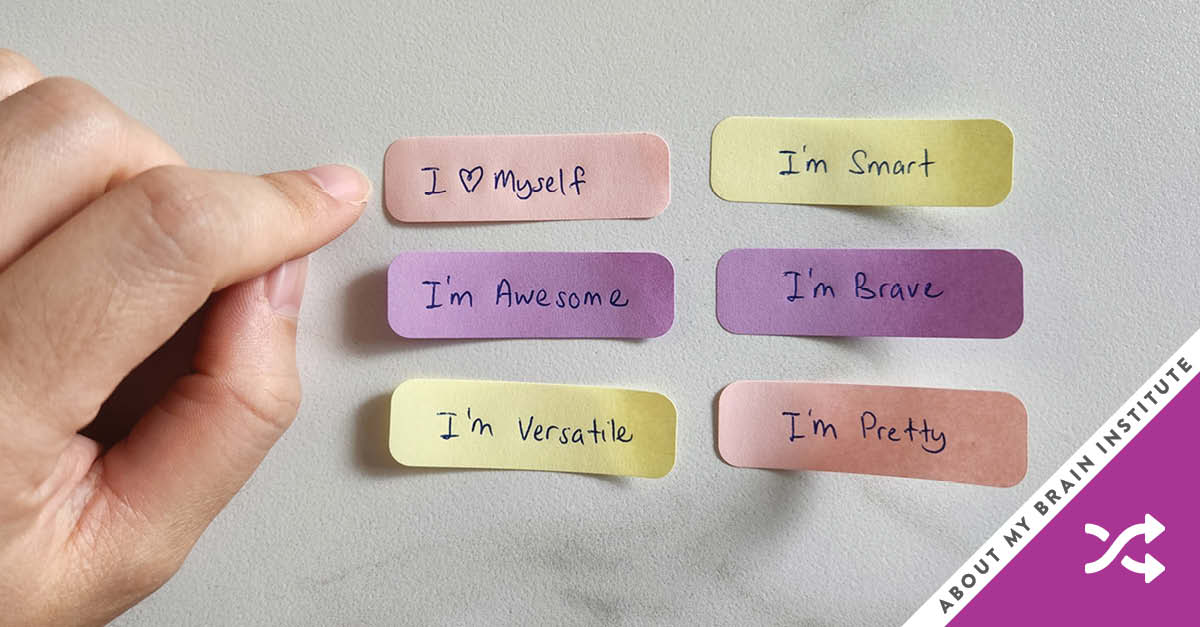Overcoming Procrastination
Attribute: Purposeful

Benefits of Overcoming Procrastination
Procrastination, the habit of delaying tasks, affects many areas of life, from professional responsibilities to personal goals. While often dismissed as a simple time-management issue, procrastination is actually a complex behavioral pattern rooted in psychological factors. It goes beyond merely putting things off, according to Dr. Joseph Ferrari, a leading researcher on the subject, procrastination is often tied to anxiety or fear about starting or completing tasks, particularly those seen as overwhelming or unpleasant.
- Increased Productivity:
When you break free from procrastination, you become more efficient and effective in completing tasks, freeing up time for other important activities. - Reduced Stress:
Procrastination often leads to last-minute rushes and mounting pressure. Overcoming it helps reduce this stress, leading to a calmer, more balanced life. - Improved Mental Health:
Conquering procrastination can alleviate feelings of guilt and anxiety, boosting your overall mental well-being and creating a more positive mindset. - Stronger Self-Discipline:
By tackling procrastination, you build self-discipline, a skill that can positively impact all areas of your life. - Enhanced Sense of Accomplishment:
Completing tasks on time, especially difficult ones, increases your sense of achievement and boosts self-confidence.
Keep reading ↓
Keep reading ↓
Newsletter
Determine if Procrastination is Holding You Back
Consider these questions:
- Do you frequently delay important tasks until the last minute?
- Do you engage in less important activities to avoid focusing on what truly needs to be done?
- Are you often rushed to complete tasks due to earlier delays?
- Do you feel overwhelmed by tasks and unsure of how to start?
- Does your habit of postponing tasks lead to feelings of guilt or anxiety?
These questions can help reveal procrastination patterns and uncover the psychological causes behind them.
Keep reading ↓
Overcoming Procrastination
- Break Down Tasks
Large tasks can seem overwhelming, causing avoidance. Breaking them into smaller, manageable steps can make the task feel less intimidating and easier to start. - Eliminate Distractions
Procrastination often thrives in environments filled with distractions. concentration. These steps can significantly enhance your energy and vitality. Remember, the journey is personal and takes time. By being aware of your energy levels and taking steps to improve them, you'll enhance your performance and well-being. - Practice Self-Compassion
Criticizing yourself for procrastinating can lead to negative emotions and more procrastination. Being kind to yourself during moments of procrastination, on the other hand, reduces guilt and anxiety, helping you move forward.
Procrastination may be a common challenge, but it is one you can successfully overcome with the right approach. By recognizing its deeper psychological causes and applying practical strategies, you can break free from the cycle of delay and inaction. The rewards are significant: increased productivity, improved mental well-being and a heightened sense of achievement. As you move past procrastination, you'll find yourself better equipped to navigate life’s demands with greater focus and purpose, ultimately leading to a more balanced and fulfilling life.

Explore the Items
Read each article!
Supporting content
Drive Articles
Check out the latest blogs to learn more about this topic!

A Daily Affirmation Can Drive Innovation

3 Ways to Increase Your Motivation and Drive

Money Magazine: When You Experience 3000% Inflation, Panic Strikes!
Bibliography
This article has been inspired by the following sources:
- Lichtenstein, J. (2021). Why do we procrastinate, and how can we stop? Experts have answers. The Washington Post. Retrieved from https://www.washingtonpost.com/lifestyle/wellness/procrastinate-why-stop-advice/2021/07/09/13b7dc2c-e00e-11eb-9f54-7eee10b5fcd2_story.html
- Choi, J. J., & Moran, J. (2020). Why wait? The science behind procrastination. Association for Psychological Science. Retrieved from https://www.psychologicalscience.org/observer/why-wait-the-science-behind-procrastination
- Schaffner, S. (2019). Why you procrastinate (It has nothing to do with self-control). The New York Times. Retrieved from https://www.nytimes.com/2019/03/25/smarter-living/why-you-procrastinate-it-has-nothing-to-do-with-self-control.html
- Damiano, S. (2013). Scratch your own itch. Retrieved from https://www.aboutmybrain.com/blog/scratch-your-own-itch

